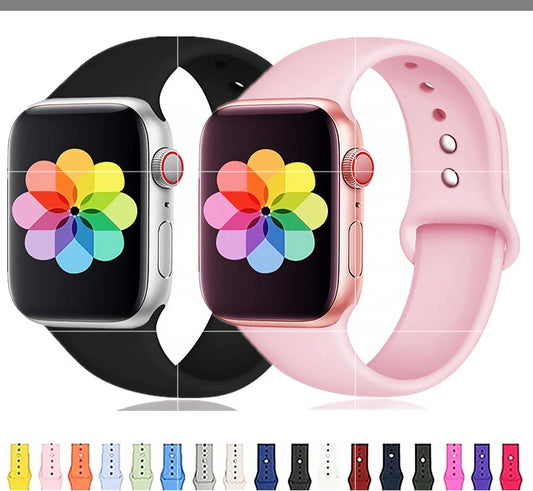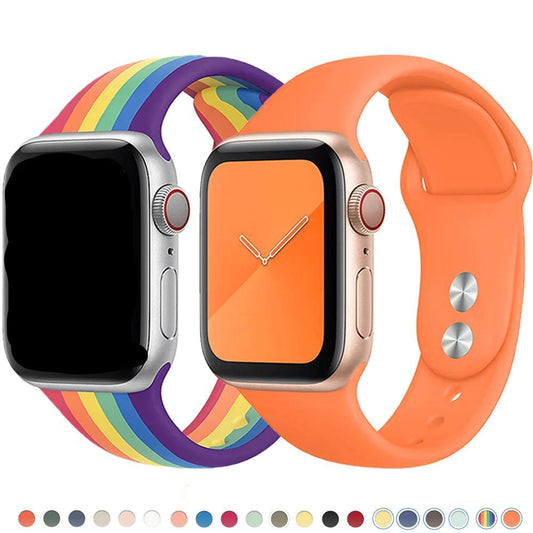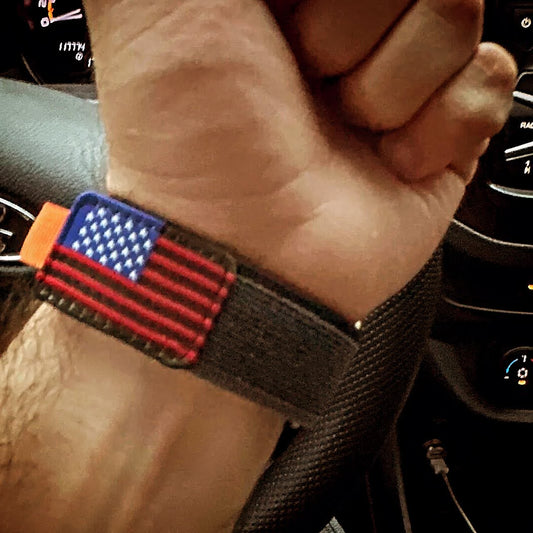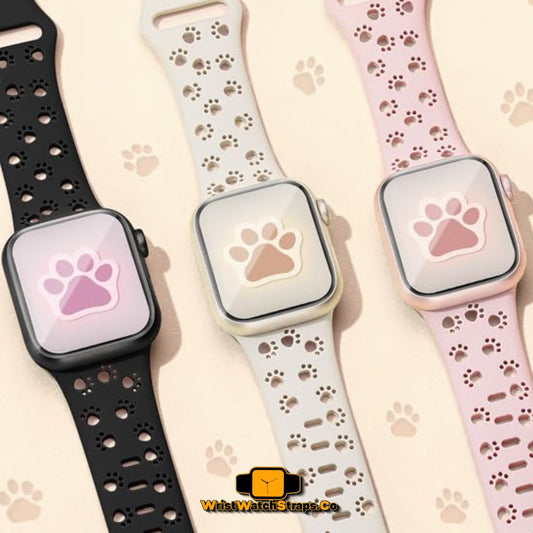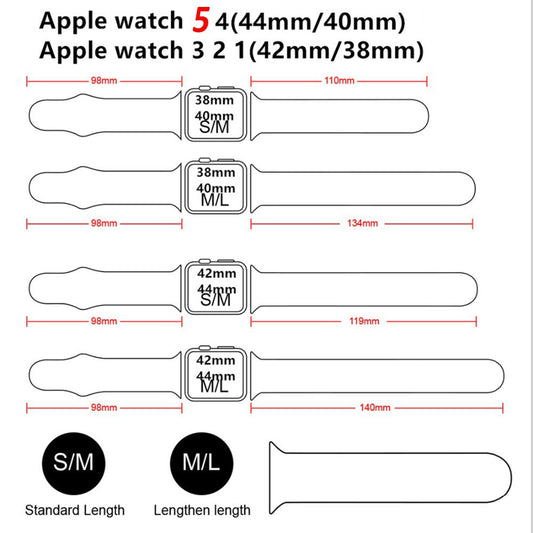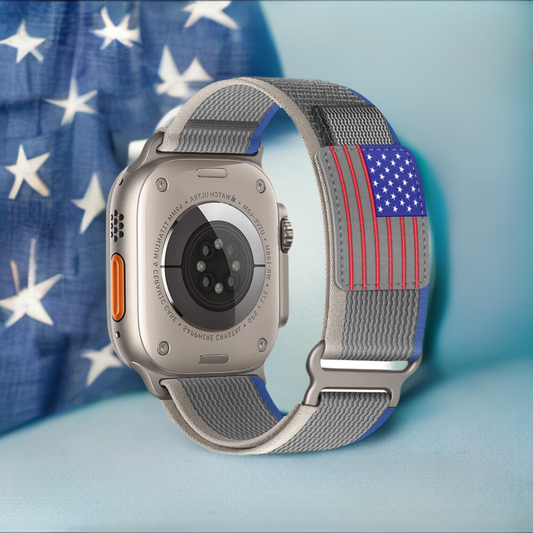Apple is a company that has been around for decades, and they have created a brand that many people know. They are so well known because of the powerful branding strategy they use. What does this mean? It means that Apple spends time making sure their logo is on every product, from packaging to advertisements to store displays. This helps create recognition in consumers' minds about what products come from Apple, which makes it easier for them to buy items from the company without thinking too hard about it. In this blog post we will discuss how powerful branding can be and why you should consider going with a similar strategy for your business!
Apple is one of the leading branding companies in the world. Marketing experts like Marc Gobe argue that it all starts with Apple's brand, and he takes credit for this success to how intuitively we respond positively towards their products- something which cannot be seen by simply looking at them! It has nothing doodn't even any cues from advertisements on TV or online; instead its because people know what they're buying when you walk into an apple store: perfectionism at its finest.

Apple is one of the leading branding companies in the world, and marketing experts like Marc Gobe argue that Apple's brand "is what makes [it] so successful." It has nothing to do with products such as its iMac or iPod.
For those who ask marketers about why Mac users are loyal customers, they'll tell you it all boils down to this: apples' iconic name for their company identity which was established decades ago through strong design work done by people like Jony Ive (a British designer).
John Sculley, the Pepsi marketing executive who helped lead Apple to become one of the most successful companies in America with $11 billion annual revenue is now facing his own advertising woes.
Mired by an expensive ad campaign which has spanned only two weeks and left many consumers feeling duped out-of-their money on early release products like "iWatch" or disappointing later releases such as iPhone 5s & 6 plus Edition joins us here tonight because we want him fired! We're calling for Steve Jobs' 2nd cousin thrice removed - Johnathan Ive (he's related through blood not adoption) return immediately.
The idea that Apple Computer was just a technology company has been challenged by its former CEO, who says the Cupertino-based firm's strength lied in marketing and branding.
"Technology is an important part," said Sculley "but if you look at what made them successful over their history of entrepreneurship it really had nothing to do with hardware." She continued: "It wasn’t any one thing they did; ratherI think people recognize there must be more than exploiting these latest trends…Branding means so much today.

It is not a secret that Steve Jobs, the current CEO of Apple Inc., has been spending lots on marketing. He spent over $100 million for advertising their iMacs alone! This tells me two things: firstly how successful these products were with buyers and secondly what type or campaigns they want to run in order make them look even better than before.
"Apple is a brand that every company would want to emulate," said Robin Rusch, editor of Brandchannel.com who awarded them "Brand Of The Year" in 2001 for this reason alone! The overwhelming presence of Apple comes through in everything they do."
Emotional branding expert, Marketer Marc Gobe says Apple's brand is the key to its survival. It has nothing related with innovative products like iMacs and iPods; instead it's all thanks for how they make people feel when using their products - an emotional experience that can be compromised by cheaper brands who do not invest enough money into customer service or quality assurance (or both).
Marketers constantly remind consumers about what makes them special through constant marketing campaigns on television commercials as well social media posts so there will always be buyers even if sales drop off slightly because loyal customers know better than ever before exactly why each purchase at apple was worthwhile.
"I'm afraid that without the brand, Apple would be dead," said Mr. Brown with a laugh. "Completely and totally finished."
"You know what I mean? The power of their branding is all that keeps them alive right now--it has everything to do with products but just barely enough for some people if you ask me!"
When you're in love with someone, it's hard to let them go." That was Gobe Martin’s conclusion after interviewing 1000 people who had strong emotional ties with their favorite brands.

Successful companies know how important customer loyalty is for long-term growth; they invest time and money into building deep relationships not only through advertising but also by fostering engagement opportunities like contests or giveaways online (from social media updates). The book he wrote about this research shares his findings on what makes loyal customers tick—and why so many marketers struggle when trying reach those.
Apple, of course is the archetypal emotional brand. It's not just intimate with its customers; it has garnered love from all who experience it in kind - whether for an iPhone 6s or Apple Watch Sport band! Other examples include automaker Lexus and retailer Target which are also cherished by their respective customer bases alike.
While some companies may come off feeling more like friends than competitors (iPads!), there can be no mistaking how valued these brands truly are when you deal only with these sorts: they know us so well.
"How do you keep a business alive when it's been considered dead for years?" Gobe said from his office in New York. "People are so loyal to their brands, but this one was just too good of an opportunity."
A few weeks ago I heard someone speak about how they wanted me or other people on board with them at Apple Incorporated because he believed our imagination would help breathe new life into the company's products and services which have become stagnant since Steve Jobs passed away 10 years ago!
It's no wonder Gobe was so worried about Apple in the mid-1990s. The company had been laboring under a sea of negativity for far too long and their products just weren't resonating with people anymore! The poor reception from consumers drove him crazy, which made it seem all but certain that there'd soon come an end to his story... But then something changed - suddenly everything started going right again as if by magic . What could have caused this turnaround? Why did fortunes begin new beginnings at such tumultuous times?"
Steve Jobs had been gone for 7 years when he came back. This meant that the company's image and reputation were incredibly tarnished, which is one of many reasons Apple underwent such a dramatic rebranding effort to rejuvenate their brand once again.
Apple abandoned the old rainbow-hued Apple logo in favor of a minimalist monochrome one, gave its computers colorful and futuristic looks (no longer relying on boring colors), streamlined their messaging for consumers. It's done wonders!
Brands have become as powerful of a force in society today than religion, according to Gobe. When Nike's origin story was revealed after they were targeted for criticism over the working conditions at their factories it sparked an emotional response from customers who felt betrayed by one of America’s most iconic brands."

Brands are stronger now more so then ever before- especially when you're talking about companies like Nike whom many believed would never let down consumers with bad practices even though this happened recently. People get very emotional about things they care for. Gobe's shows how people were not only angry with the products, but also disappointed in their company's ethics and values that these items represented.
According to Gobe, emotional brands have three things in common:
- The Apple company has always been about people. The founder's ethos was to empower the masses through technology, and it remains committed to computers in education today- even if their products aren't what you're looking for! Nike on the other hand blundered here with its projective corporate culture that came across as too much of a "one size fits all" mentality - where employees feel disconnected from both management decisions at work (no matter how small) or any given cause outside office hours because this particular brand doesn’t really care whether they are helping others less fortunate by spending time volunteering offsite every now again.
- The company has a unique visual and verbal vocabulary, expressed in product design. Its products are also recognizable advertising with the Apple logo on them everywhere! There's no denying it - if you see an apple symbol or hear someone speak about "the great taste" then chances are that they're talking about what was made by this famous brand from Cupertino California who can trace their roots back all too easily for your liking actually going as far back atjar1748 when Steve Jobs had his first job working along side George Washington damming up flooding rivers during The Revolutionary War before later becoming.
- The company has established a "heartfelt connection" with its customers. This can take several forms, from building trust to establishing a community around an product and in Apple's case their products are designed for people: "Take the iPod it brings an emotional sensory experience computing," Gobe said referring also adding how this design philosophy was evident even when Steve Jobs returned at interim CEO after his resignation; he wanted you feel like your own boss because of all these little things such as apps available on iTunes store which make life easier .
Steve Jobs' knack for injecting humanity into Apple's products is something that has been present since his tenure as CEO. From fostering charisma to the passion behind our technology, Gobe feels like this human touch was never more evident than it is now with Tim Cook at helm and an upcoming product line targeted towards younger generations who are developing their own ideas about what computers should be used for rather than being bound by decades old thinking.
The most interesting thing about the brand is how it has created a humanistic and cult-like relationship with its users. Gobe says, "It's like having good friend." He went on to add that they are part of this more than just being customers or clients because everyone in their tribe identifies themselves as such an integral part of what makes up 'The North Face'.
Some brands are looking to come up with innovative ways of distancing themselves from the manufacturing process. For example, Apple's iconic iMac desktop computer was marketed as though it were created personally by Steve Jobs and Jonathan Ive rather than being mass-produced overseas by factory workers for a cheaper price tag on materials like plastic or metal that could be used in its construction.
"People are anxious and confused," said Gobe. "Technology is accelerating faster than we can keep up with, but there's a need for grounding that human touch." He continued by discussing the importance of creating new tribes who give people an embrace in this chaotic world where everything around us changes so fast from day-to-day life on social media channels like Facebook or Instagram.
Naomi Klein, a leading critic of branding and one who has made her name with No Logo: Taking Aim at the Branding Bullseye (Rogers 2008), argues that companies like Apple no longer sell products; rather they evoke an us- Versus Them mentality in which customers come to identify themselves as members orginating from their hopes, dreams and aspirations.

The story of Benetton and Apple is a powerful reminder that, in some cases even the most profound differences can be reduced to something more manageable with the right marketing scheme. Although no two companies are exactly alike when it comes down what makes them successful--Beneton's use of race relations while Apple took on global warming by promoting environmentalism via products like Steve Jobs' Macintosh computer system which allows people “Think Different” -they both used imagery meant not just sell their product but also change perceptions about who might buy into these brands.
"People are drawn to these brands because they know the brand will help them achieve what society has never been able to: transcendence and community. They're selling their own ideas back at us in a new form—perhaps even democracy itself," said Ms Frankl, referring also outside into culture as well with these powerful cultural symbols of transcendence such as artistic expression which often times represents ideals like freedom or happiness for example."
Brands are the backbone of contemporary society. They provide us with all that we need and more, from coffee in our morning routine to keeping warm at night when it's cold outside; they're what makes life worth living! According to Jean-Marie Dru (JDD) who is described by Adbusters as today's wonderkid for advertising professionals - brands thrive or perish based on how well they live up these ideals: "If people don't feel like their lives have meaning because something doesn’t align with potential inherent value—I can make sure your brand becomes powerful again." He claimed that Apple expresses liberty regained, Pepsi youthfulness and oil of Olay timeless beauty. He also said Saturn is the American competitive spirit while AT&T represents promises for future in his book Disruption."
To Dru, brands are more important than products. Products have limited life cycles but a brand can last forever if it's managed well enough and has good ideas to keep itself relevant in people’s minds or what they think is cool at any given point of time!
Ryan Bigge, writing in Adbusters says that today's dreams and desires for change are no longer expressed through personal epiphanies but instead come from brands like Pepsi or Diesel. We used to have movements which now we just purchase their products with an understanding of what the company wants us as consumers: "We're going after your money".
The intellectual currency has changed hands because once upon a time people were using words such as 'peaceful' when describing this sense they had inside themselves--now these same feelings can only be accomplished through material things bought at.
In the 1980s, Apple was a company that had yet to make its mark on society. 1984 changed all of this with their iconic "1984" Super Bowl ad campaign which featured Big Brother and Telescreens as if it were an old movie from decades past - until you actually understand what they're trying convey: Give up your freedom for security? No thanks! It wasn't just one message but instead conveyed several ideas about technology infringing into our lives more than ever before- not only through big brother's eye in hyper surveillance mode, or even via brain machines being able wirelessly interact directly into thoughts; rather something lurking outside there looking in where we don’t realize things are happening behind closed doors.
The Macintosh was always bigger than the product, says copywriter Steve Hayden. "We thought of it as an ideology and wanted to make people believe in this new world where anything can happen." The 1984 commercial is all about how computers are more accessible now thanks to one single machine which makes them feel democratic with its ease-of edge design language from America's favorite family: Apple.
When Apple first launched the "1984" ad campaign, it was a branding effort to portray themselves as counter culture. The company's new image came with an expensive computer price tag for those who wanted something more than just basic functions from their products-- but at what cost?
The idea behind this strategy is calculated marketing which sells machines by using an aesthetically pleasing design coupled with rebelliousness and creativity in order attract customers' attention while they're looking at other brands too. The Macintosh was one of the first brands to recognize how important it is for customers' loyalty and satisfaction. An article about this by Paul Irish quotes Steve Jobs as saying, "I think we're really taking care not just that they like their computers but also that people love Apple."
When it comes to marketing, the Mac has always been on top of their game. The original engineering team behind this famous brand built a sense of belonging for themselves and other rebels in society by conveying outsiders' values with rebel symbols like Steve Jobs who rebelled against former CEO John Sculley over profits---and even used these campaigns as ways to promote tech products!

Steve Manning, co-founder of Igor and self proclaimed Mac enthusiast says even an experienced professional like himself has fallen for the marketing. "I understand this stuff," said Steve when asked about his opinion on Apple computers in particular, but he quickly added that simpletons can still be fooled too; it's all up to what you know (or don't) before buying one - which will make your decision easier if not necessarily more informed!
Follow us for more information and updates, wristwatchstraps.

